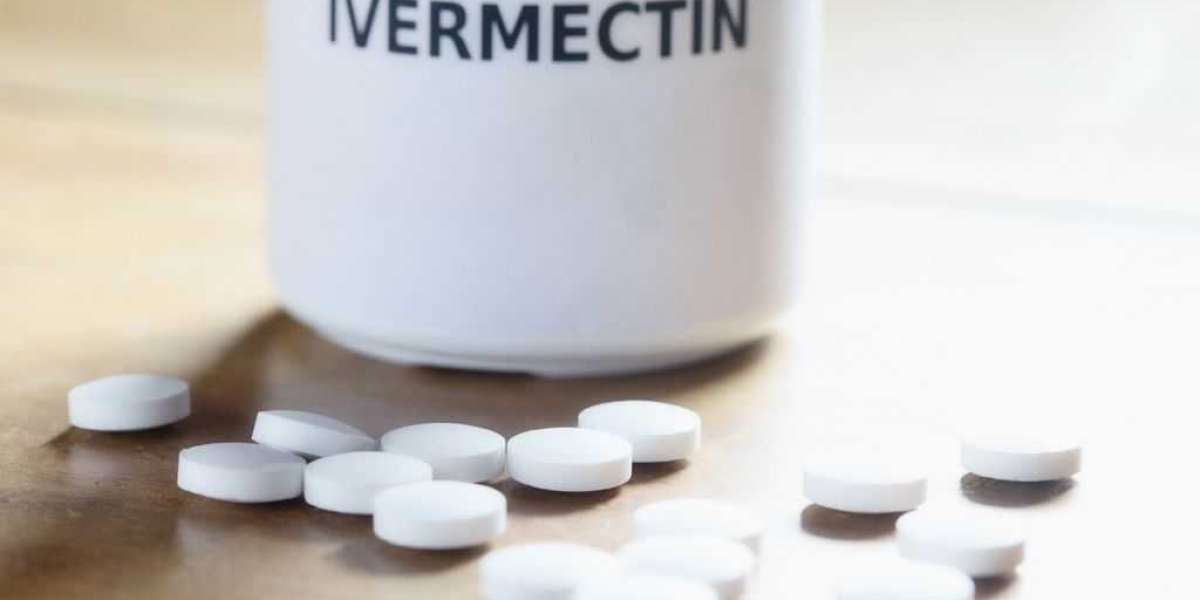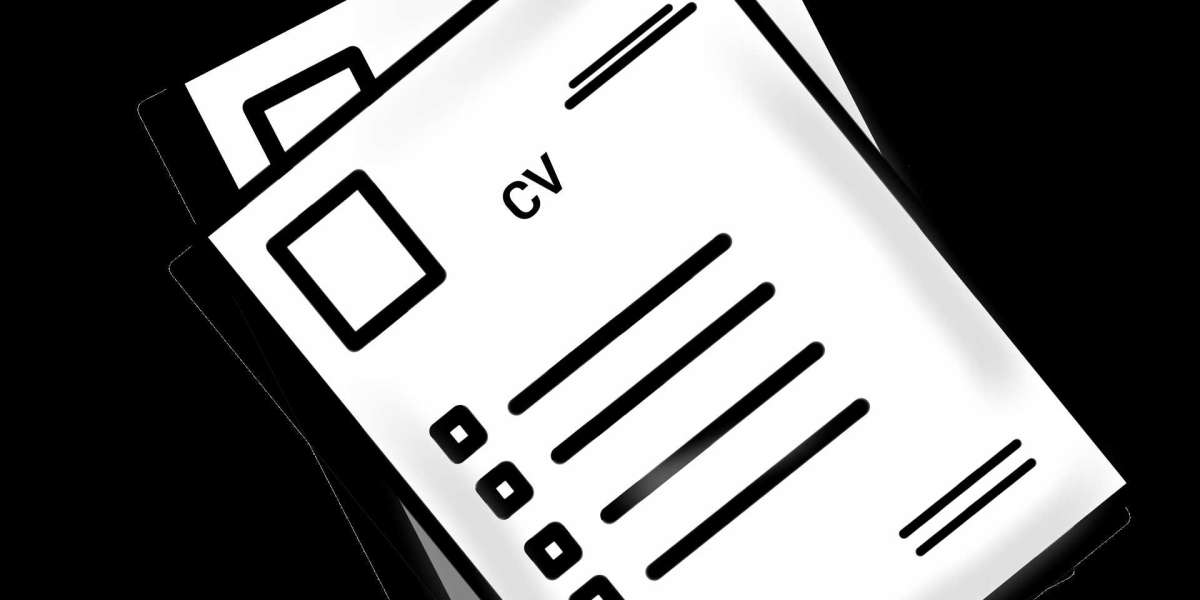In this blog post, we’ll explore the potential risk of ivermectin-causing blood clots, what the symptoms are, and how you can manage them if they occur. We’ll also discuss the other side effects of ivermectin and what precautions should be taken when using it.
What is ivermectin?
Ivermectin treats several infections. It is most commonly used to treat head lice and scabies. Ivermectin works by killing the parasites that cause these infections.
Buy Ivermectin Online Australia can be taken orally or applied topically to the skin. When taken orally, ivermectin is usually given as a single dose. When applied to the skin, it is usually applied in two doses, with the second dose being given 7-14 days after the first.
Ivermectin is generally well-tolerated. Most patients feel mild side effects that include headache, dizziness, and nausea. In rare cases, more serious side effects can occur. These include allergic reactions, seizures, and heart problems.
There have been some reports of blood clots associated with ivermectin use, but it is not clear if ivermectin itself increases the risk of blood clots or if this is due to other factors such as underlying medical conditions or other medications that patients may be taking.
How does ivermectin work?
Ivermectin is a medication that is used to treat certain parasitic infections. It works by killing the parasites. It does not kill the adult worms but it does kill the larvae and eggs of the parasite, which prevents the parasite from reproducing. Ivermectin is effective against a variety of parasites, including those that cause river blindness and strongyloidiasis.
Ivermectin and blood clots
Ivermectin is a medication that is used to treat parasitic infections. While ivermectin is generally safe and well-tolerated, there is a potential for side effects. One of the rare but serious side effects of ivermectin is an increased risk of blood clots.
Blood clots are a potentially life-threatening condition where the blood thickens and clumps together, forming a mass that can block blood flow. When this happens in an artery, it can cause a heart attack or stroke. If it occurs in a vein, it can lead to deep vein thrombosis (DVT), which can be fatal if the clot breaks free and travels to the lungs.
There have been several reports of blood clots associated with ivermectin use, though the overall incidence is thought to be low. The exact mechanism by which ivermectin may promote clotting is not clear, but it is thought to involve an imbalance in the levels of certain clotting factors in the blood. Ivermectin should be used with caution in people with known risk factors for blood clots, such as advanced age, smoking, obesity, and prolonged immobility.
Ivermectin side effects
The most common side effect of ivermectin is mild irritation at the site of application. Other side effects may include:
- itching
- headache
- dizziness
- nausea and vomiting
- diarrhea
- constipation
- abdominal pain
- fatigue
Rare side effects of ivermectin include:
- seizures
- visual hallucinations
- blood clots
- heart problems
- allergic reactions
If you experience any of these rare side effects, you should stop taking ivermectin and seek medical attention immediately.
Conclusion
In conclusion, it appears that the use of ivermectin for certain medical conditions can cause blood clots in rare instances. If you have any pre-existing blood clotting issues then it would be best to avoid using this medication. However, if your doctor has prescribed you a course of ivermectin then they will know exactly how to monitor and manage your health accordingly.







